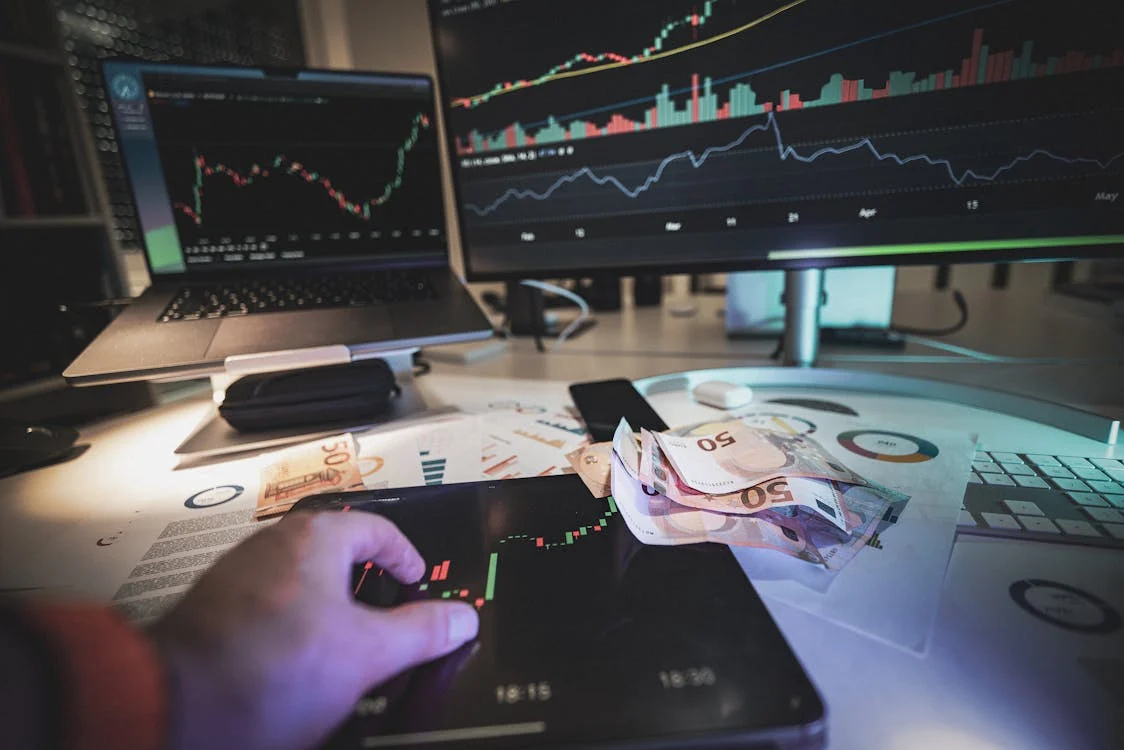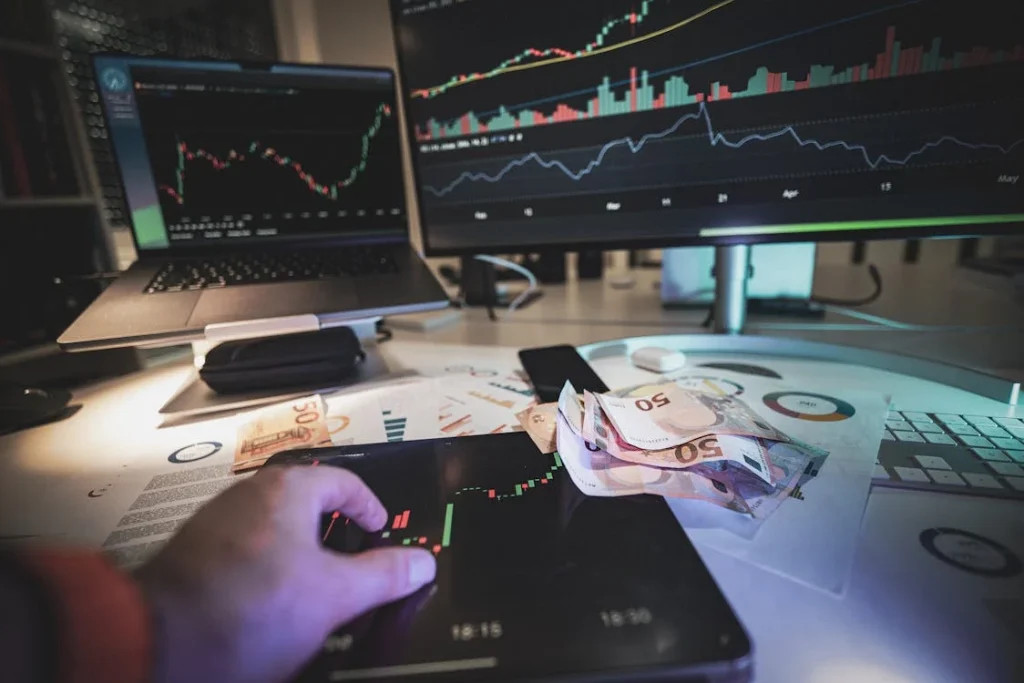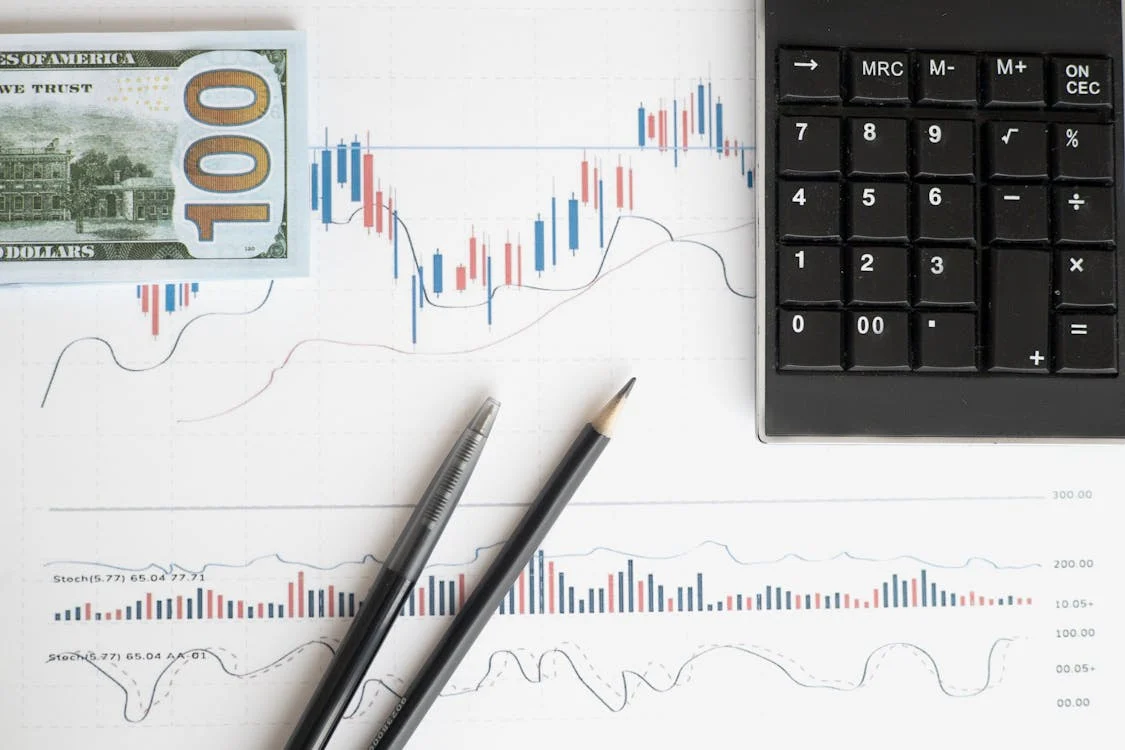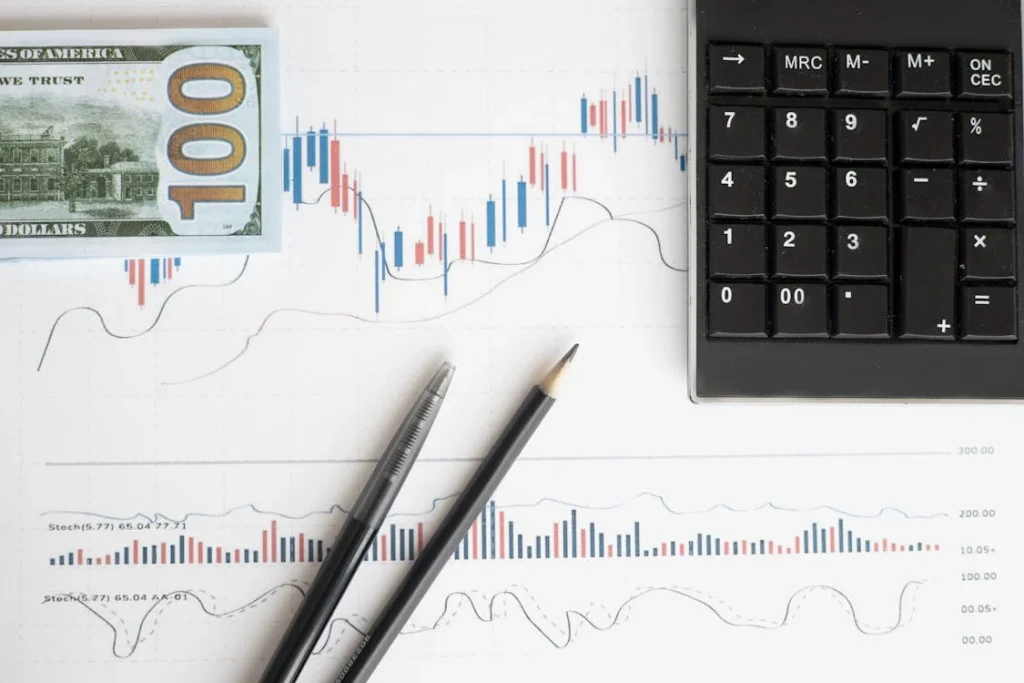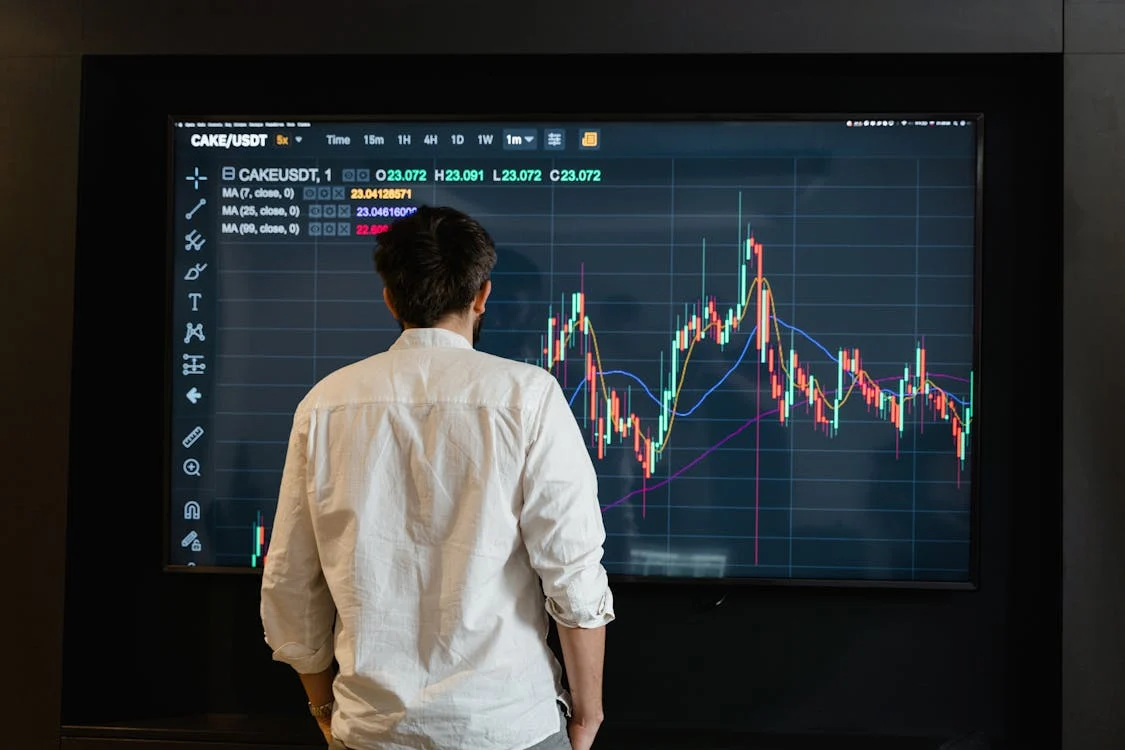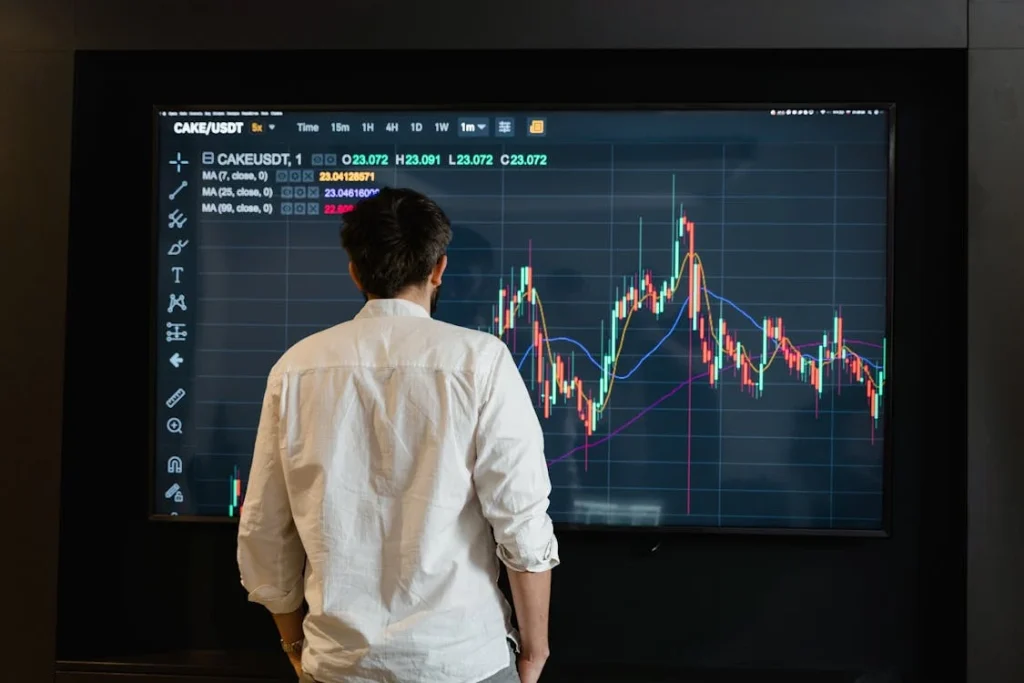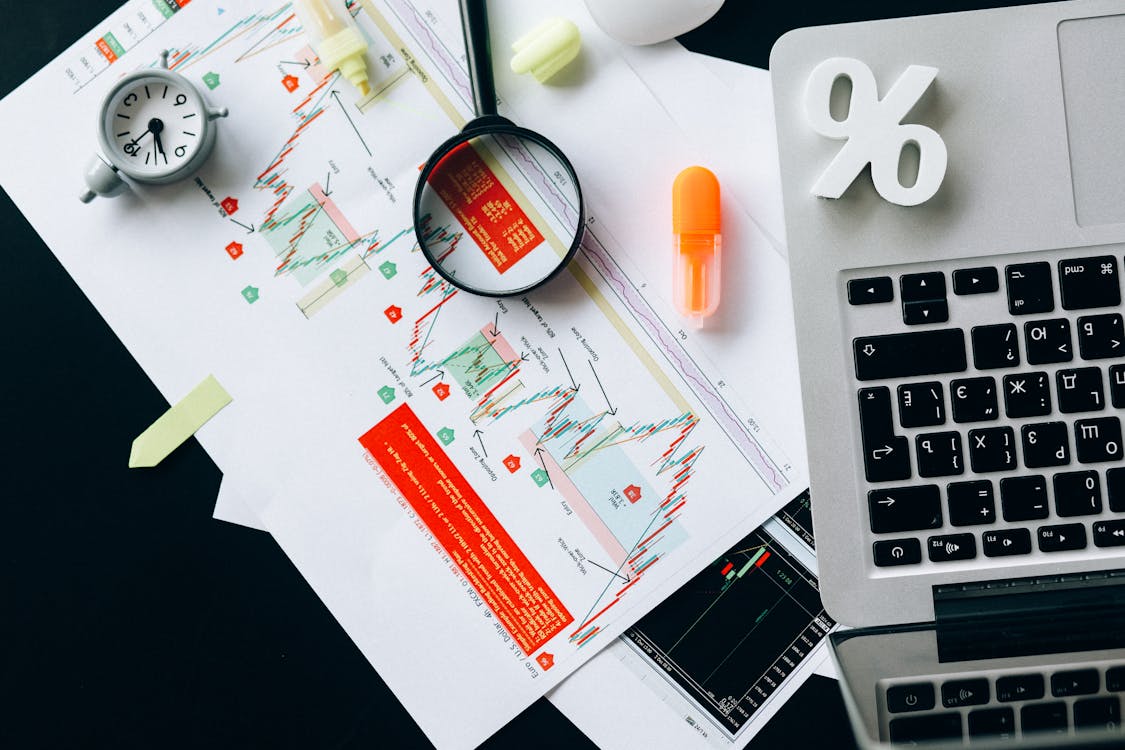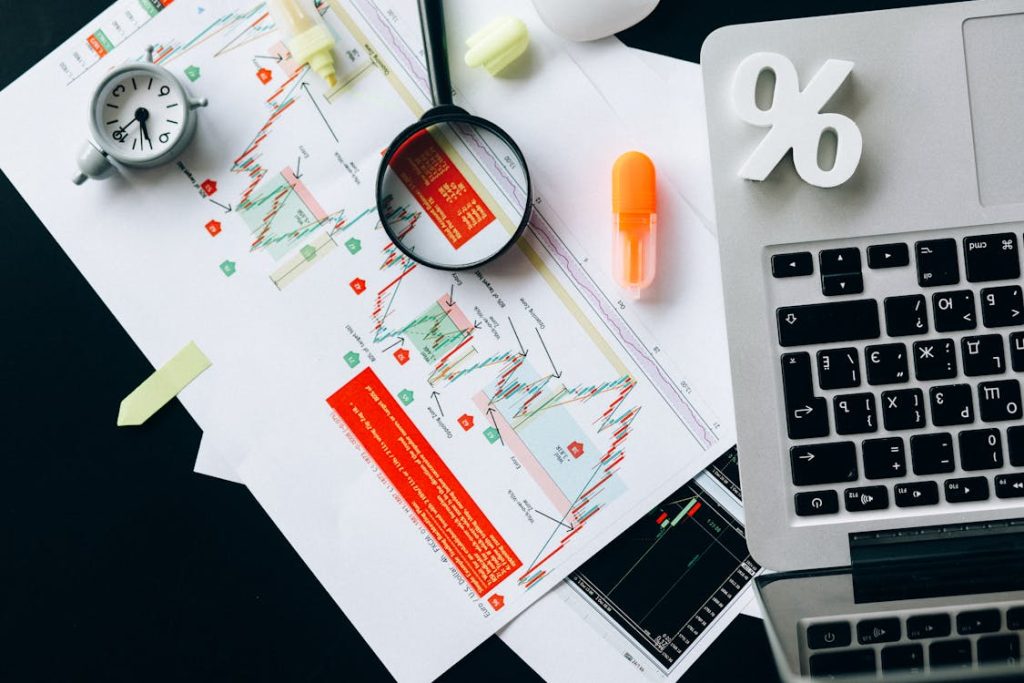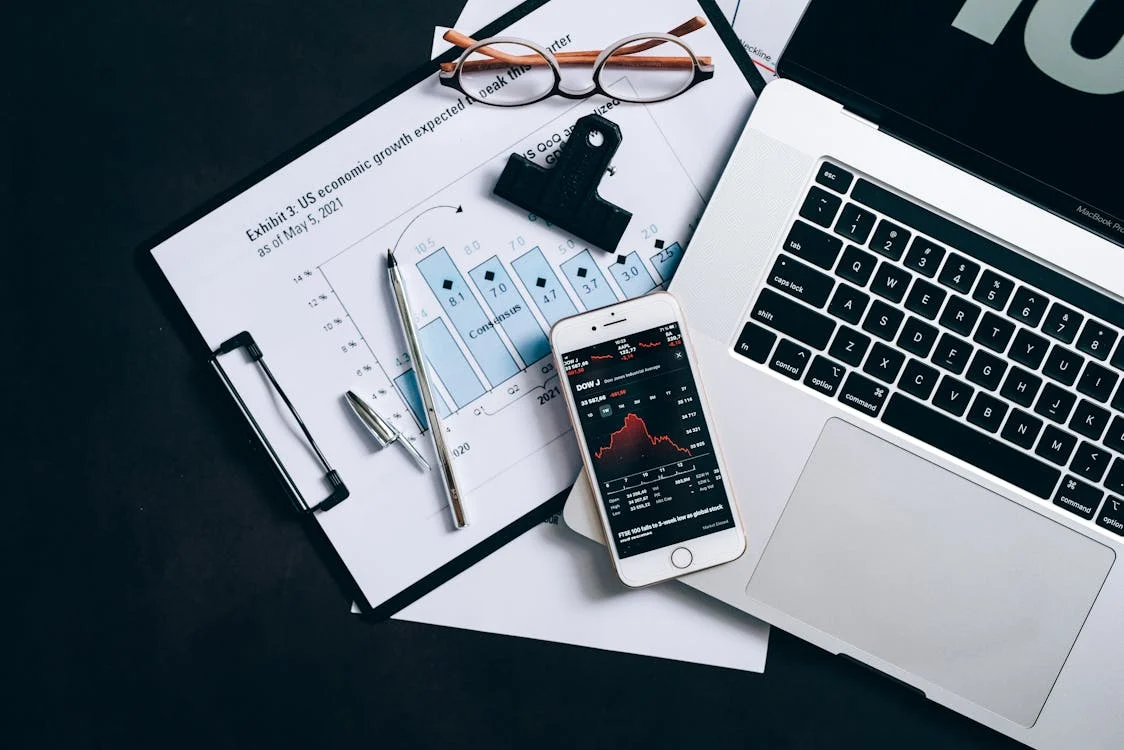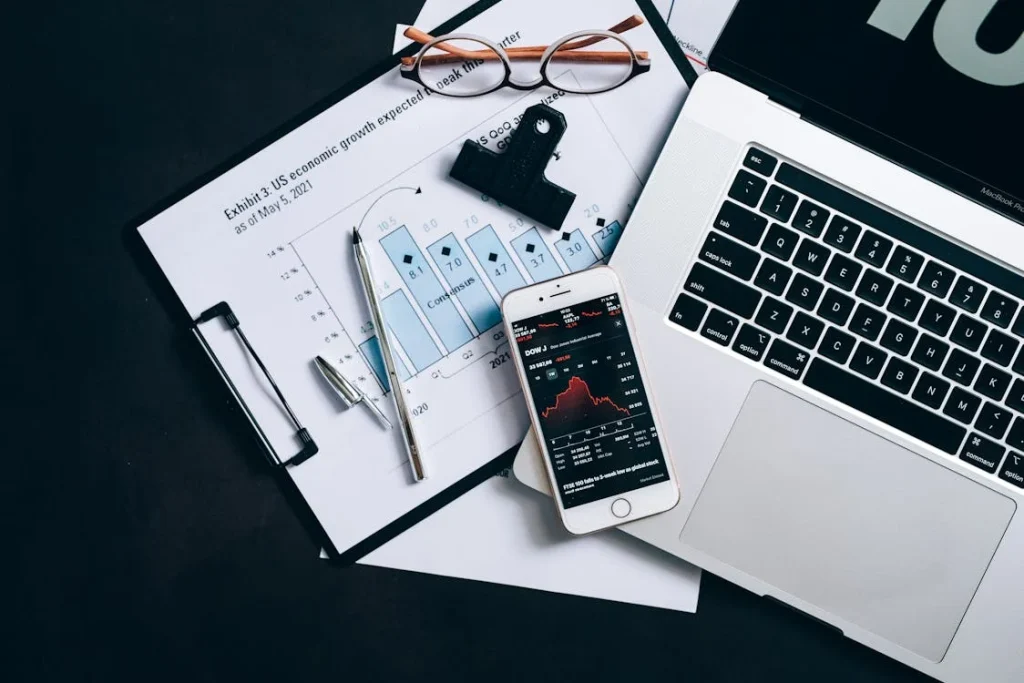The forex market is the biggest and most liquid financial market globally. It sees trillions of dollars traded every day. Learning about currency trading can open doors to financial growth for both new and seasoned traders.
This guide offers key insights into why the forex market is appealing. It helps you understand global economies and exchange rates. Get ready with valuable forex tips and strong trading strategies. This will boost your trading skills and confidence in making smart choices.

Key Takeaways
- The forex market is the world’s largest financial market.
- Trading currencies can offer significant financial growth opportunities.
- Understanding key concepts aids in developing effective forex trading strategies.
- Market knowledge helps traders navigate global economic influences.
- Essential forex tips enhance decision-making in trading.
Understanding the Forex Market
The forex market is a global place where currencies are traded. It’s key for international trade and investment. Knowing how it works is vital for traders.
Transactions happen through currency pairs, like EUR/USD. This shows how many U.S. dollars you can buy with one euro.
What is the Forex Market?
The forex market is the biggest in the world, with over $6 trillion traded daily. Banks, financial institutions, corporations, and individuals all play a part. They make the market liquid and deep.
The market is open 24/7, five days a week. This allows trading without pause, across different time zones.
How the Forex Market Works
To understand forex, you need to know about currency pairs and what affects their value. Interest rates, global events, and economic data like GDP and inflation play a role. Traders use this info to guess future price changes, hoping to make money from these changes.
Key Terminologies in Forex Trading
Knowing forex trading terms is essential for success. Some important ones are:
| Term | Definition |
|---|---|
| Pip | The smallest price move in a currency pair, typically equal to 0.0001. |
| Margin | The amount of money required in a trader’s account to open a position. |
| Spread | The difference between the buying and selling price of a currency pair. |
Essential Tips for Successful Forex Trading
Success in forex trading requires strategy, discipline, and analysis. Traders need a strategy that fits their financial goals and risk level. This helps in making smart decisions in the fast-paced forex market.
Developing a Trading Strategy
A good forex trading strategy has clear rules for when to enter and exit trades. Traders should study past data, market trends, and indicators to craft their plan. This strategy should be adaptable, changing with the market. Doing thorough research and practicing regularly can improve trading skills.
The Importance of Risk Management
Risk management is key for long-term success in forex trading. It includes using stop-loss orders and setting the right trade sizes based on your account balance. These steps protect your money, helping you stay cautious even when the market is volatile.
Utilizing Technical and Fundamental Analysis
Knowing both technical and fundamental analysis is vital for trading. Technical analysis looks at price charts and indicators to predict market moves. This skill helps in making trades based on trends. Fundamental analysis, however, looks at economic data and news to understand currency values. Being good at both helps traders handle market changes well.
Conclusion
In this forex market summary, we’ve looked at what makes trading successful. Knowing the market’s details and having a solid strategy is key. Risk management is also crucial for a trader’s long-term success.
Using the tips for trading success, like technical and fundamental analysis, is important. These help traders make smart choices. They can then take advantage of market changes and grow their finances.
Staying committed to learning and using these tips in real trading is essential. It’s a tough path, but with the right knowledge, traders can reach their goals. This leads to a fulfilling experience in the forex market.

